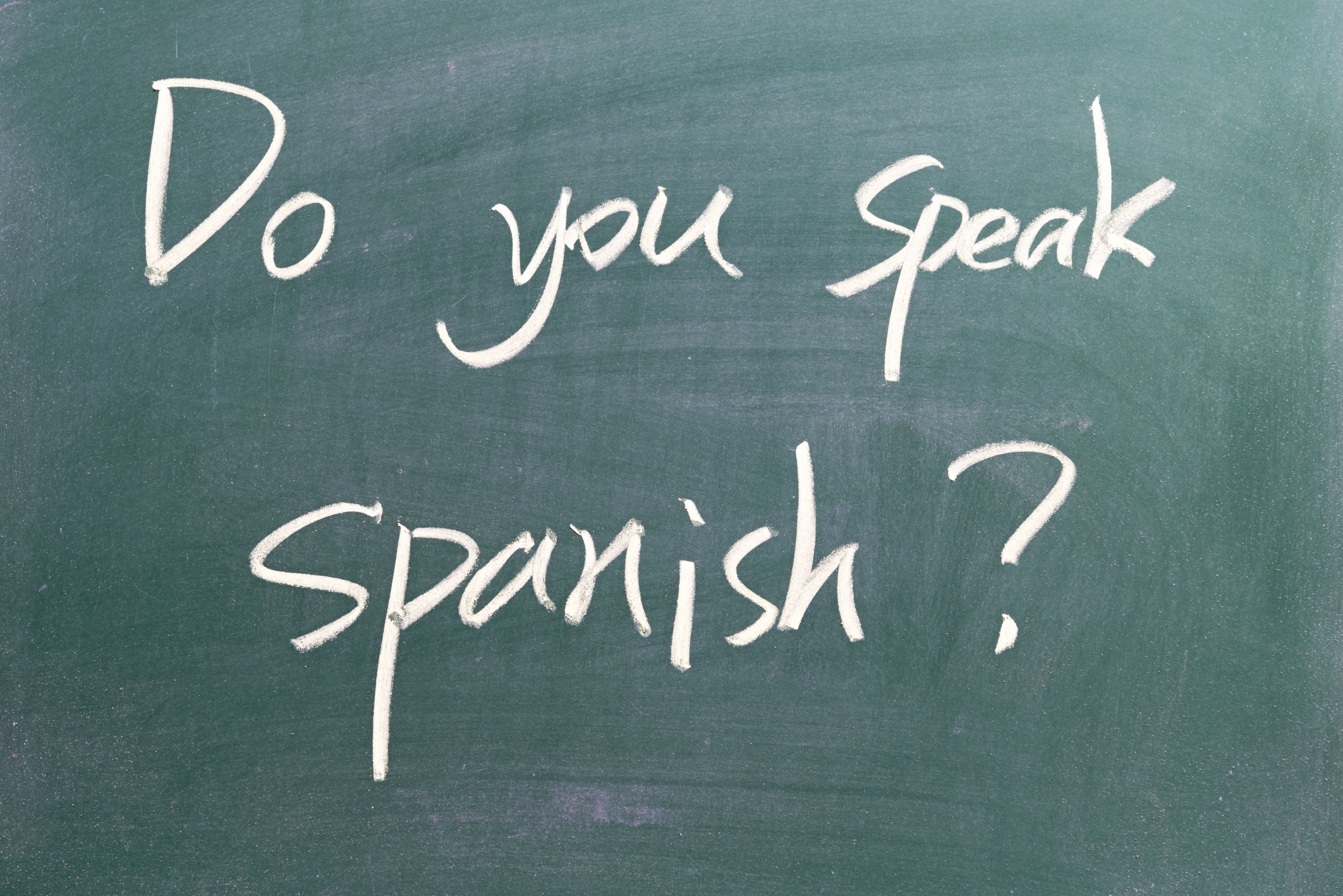All of us have seen those lists of “top 10 translation fails” on Buzzfeed or similar pages, with their ridiculous and hilarious mis-translations from one language to another, but no-one actually wants their business to be the butt of these jokes, or appear on the lists. While it’s very amusing to see “ducha” translated as a “douche” (who wants to find one of those in their room, right?) or “exit” as “’exito” in Spanish [success, not really what people are expecting to find at the end of the hotel corridor], and “stir-fried wikipedia” sounds like an interesting item to find on the menu, if your business is in the tourism industry, you want to limit these translation mistakes to the internet where they belong.
What’s the best way to get a tourism translation?
There is a reason that translation programmes cannot replace a person, and that is because no matter how good they are, they do not understand context or cultural references. The company that wants a guaranteed good tourism translation should seek out a professional, not their sister-in-law who once lived for 6 months in Greece or someone down the road who knows how to use an automatic translator. If you want to avoid advertising your hotel as having “lovely bedrooms with en-suite maids to attend to your every need”, hmm…, “pubic telephones” or a “Buffy restaurant”, then your best bet is to contact a translation company, who can ensure a polished, natural-sounding finished text for your website or brochure. We would all rather not have a room at the “backside” of the hotel, or facing the “splendid” (esplanade), near to the “centric” part of town!
Is correctly translated tourism advertising really that important?
Yes, it is. For the tourist who is thinking of buying a package holiday, using your transportation service, staying at your hotel, or eating at your restaurant, nothing will inspire them less than seeing a badly-translated caption or description. Would you rather go on a dream holiday or one that “sends you to sleep”? Stay in a “renewed” apartment or a rennovated one? Even the apparently correct “design and beautiful apartment” I saw recently advertised was enough to tell me the owner didn’t care enough to ask a native speaker if it sounded right. That was right beside the “flirtatious” studio that I won’t be renting either!
When it comes to transport, your clients need to be able to understand everything about the schedule, times, locations, etc., and not end up lost in the “antique helmet” or historical centre of town!! If you are describing a resort in Spanish, you need to know the difference between “hará calor” [it’ll be hot] and “estarás caliente” [you’ll be hot – in the sexy sense!]. And back to English, when they’re looking for somewhere to eat, they’ll only be confused if you send them to “familiar” restaurants, when what you really mean is family-run.
So as you can see, a good translation of your tourism information is vital for attracting your client’s interest, impressing them with your professionalism, and hopefully, convincing them that your company is the one they should trust, and not the one that sounds as if a translation programme spat it out after their Buffy meal. That will definitely not “conquer you!”.



